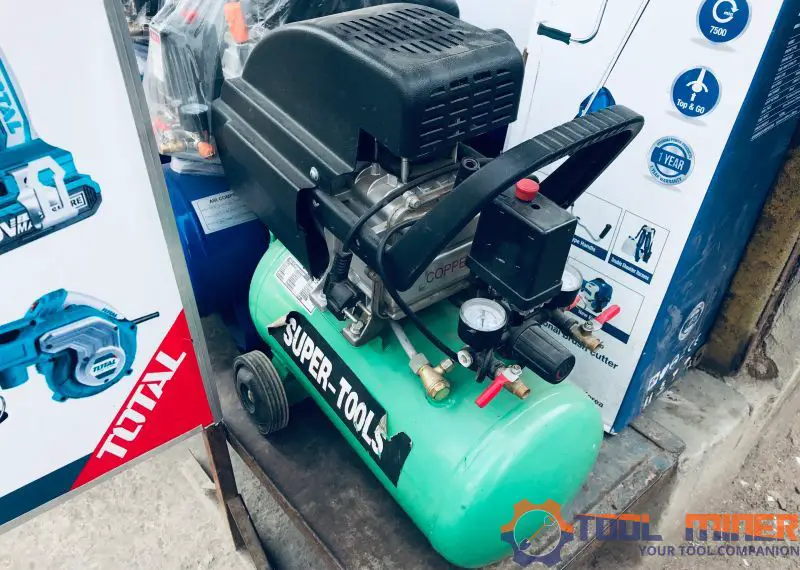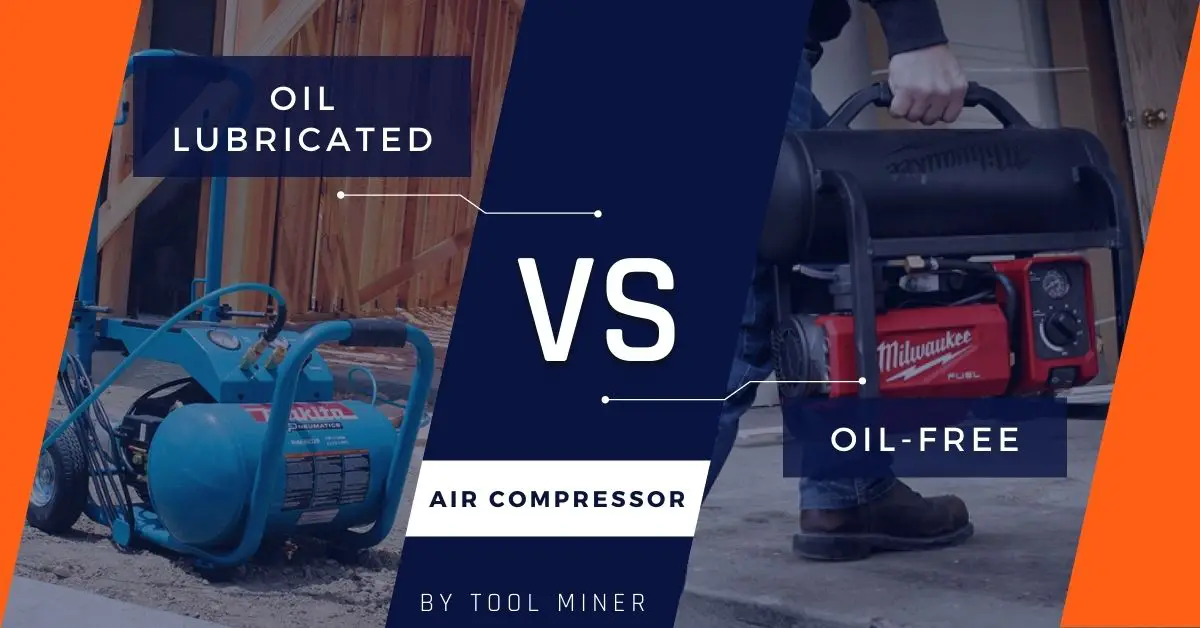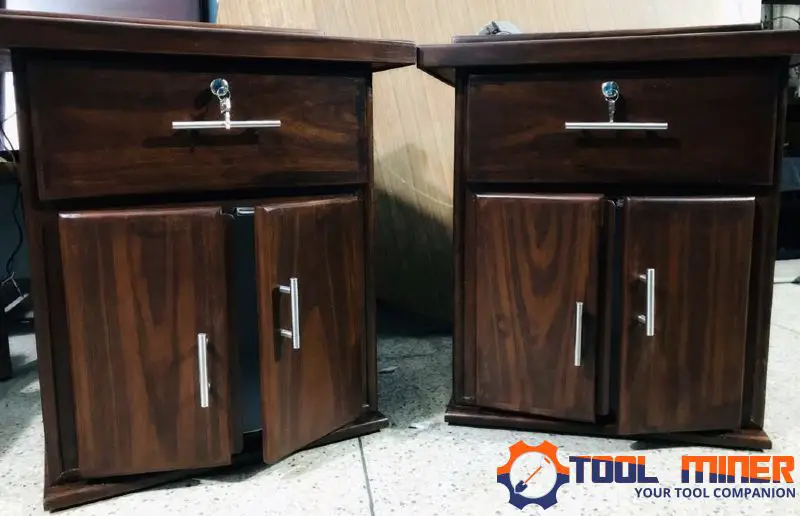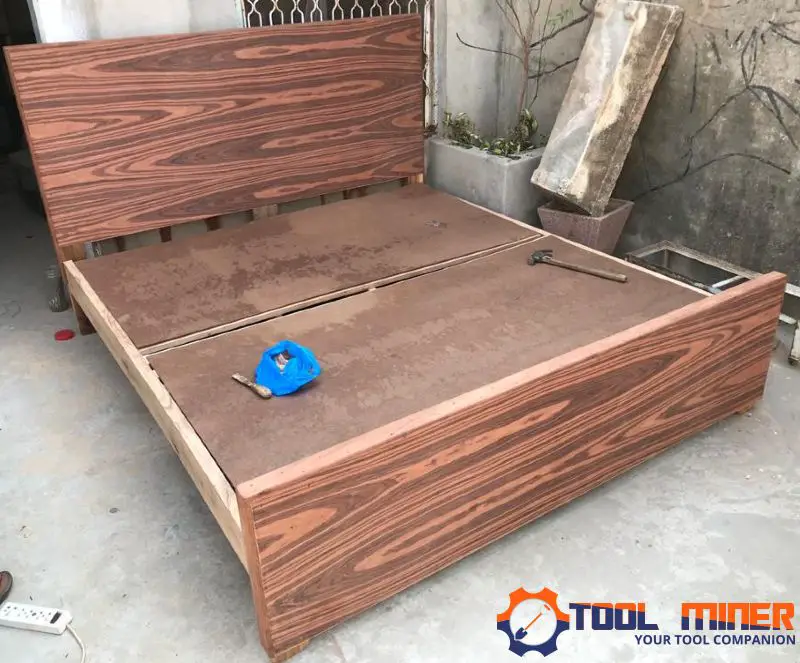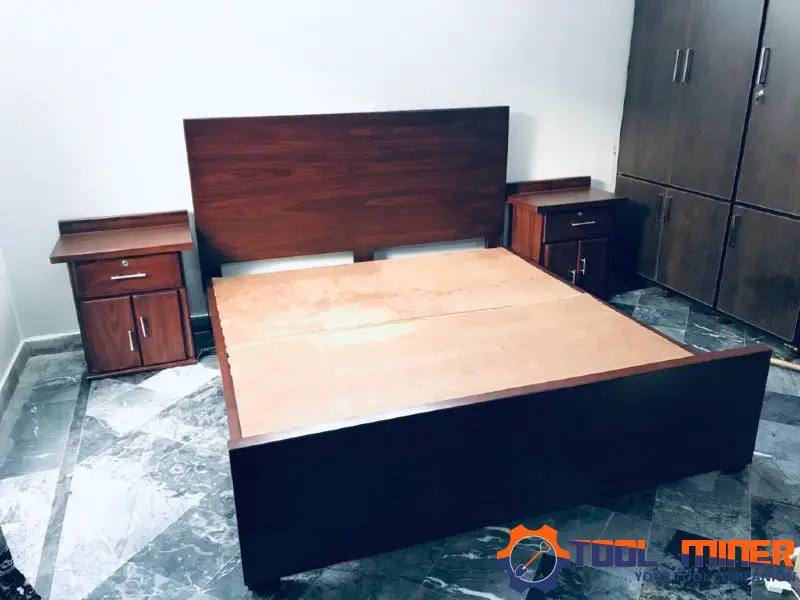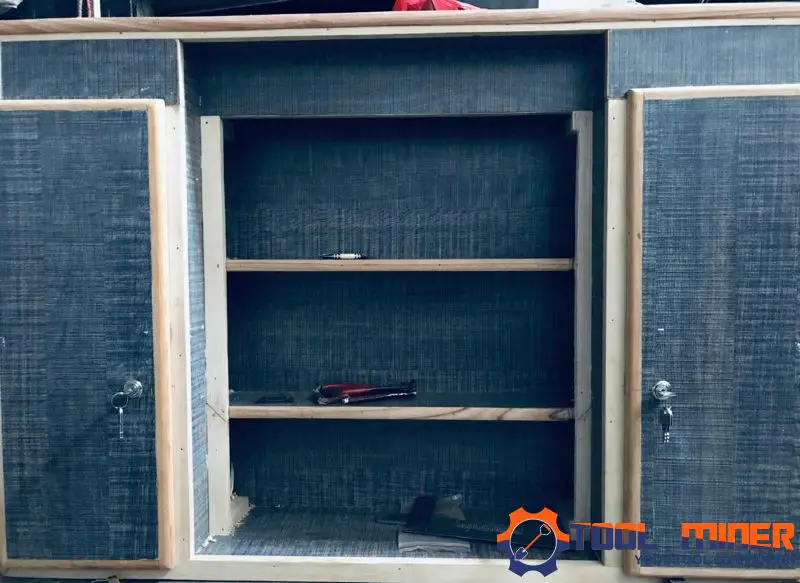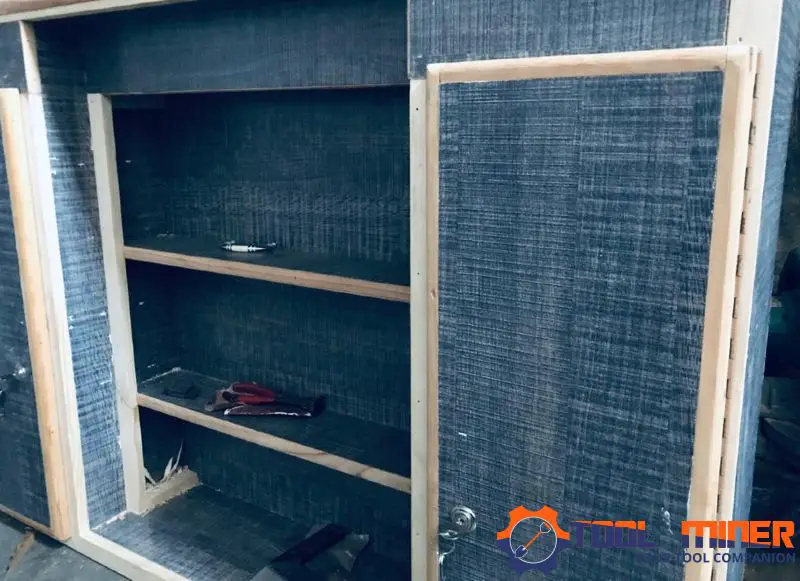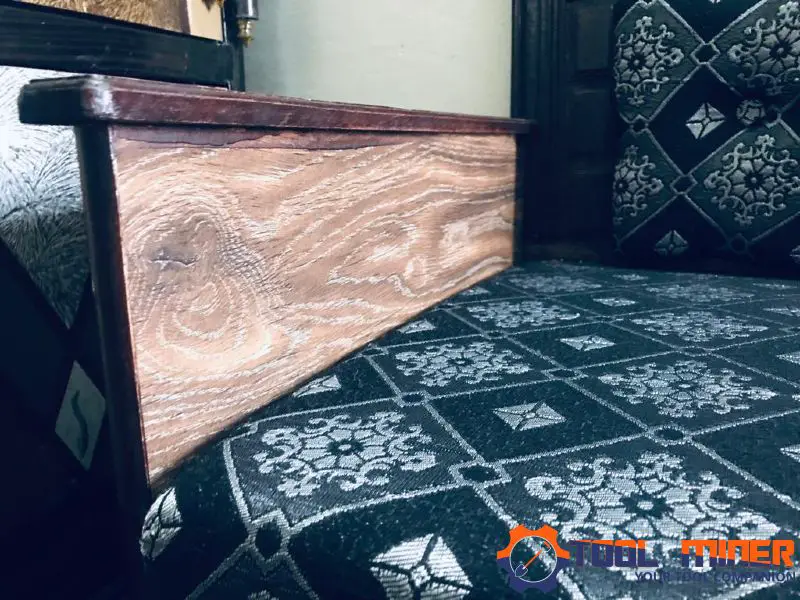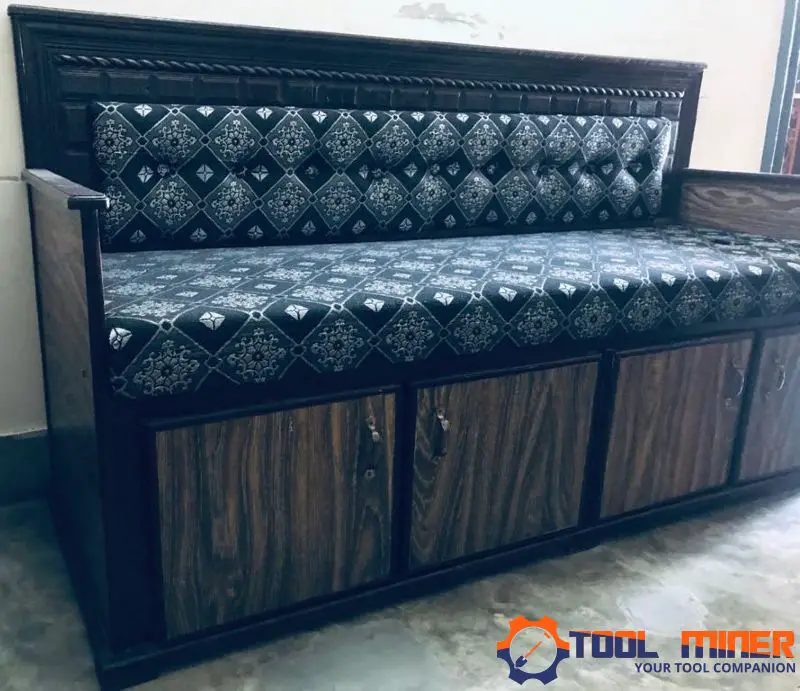Oil Vs Oil Free Air Compressor Review 2024 [Guide]
| Brand | Makita | Porter-Cable |
|---|---|---|
| Best For | Best Oil-Lubricated Air Compressor | Best Oil-Free Air Compressor |
| Image |
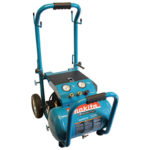 |
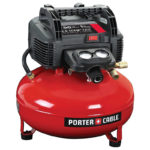 |
| Our Score | 9.8 / 10 | 9.4 / 10 |
| Rating | ||
| Model | MAC5200 | C2002-ECOM |
| Motor | 3.0 HP | 0.8 HP |
| CFM/SCFM | 6.5 CFM | 2.6 SCFM |
| Pressure (PSI) | 140 PSI Operating Pressure | 150 PSI Maximum Pressure |
| Weight | 75 lbs | 31.3 lbs |
| Voltage | 120V | 120V |
| Tank Size | 5.2 Gallons | 6 Gallons |
| Noise Level | 72 dB | 78.5 dB |
| Type | Oil-Lubricated | Oil-Free |
| Power Source | Corded Electric | Corded Electric |
| Body Design | Roll Cage With Cast Iron Construction For Higher Durability | Shroud Handle With Console Cover Protection |
| Made For | Heavy-Duty Home Garage DIY Projects, Shop Work, and Tough Jobsite Conditions | Made For Crafters, Hobbyists, Small DIY Projects, Inflating Tires, Firing Nailers |
| Warranty | 1-Year Parts And Labor Warranty | Not Mentioned |
| Check It On |
Well, if I have to start discussing and arguing with you about the oil vs oil free air compressor. Then I would begin with my own garage. As you know I am your old tool companion.
In our today’s epic conversation, I am sharing some very useful insights and tips. Plus, beyond knowledge based on my past experiences, what I have learned.
So, we’ll begin from the basics: what oil lubricated and oilless air compressor is? Are differences between both air compressors important for us?
What are the best oil-lubricated and oil-free air compressors? Pros and cons of oil lubricated and oil free air compressors. Finally, some of the questions posed by other people that you should be aware of.
Now let’s get down to some serious business dear folks. Also here I’ll be going off on one of my tangents. You know I am a cozy and casual type of guy.
Cocktail Tangent
So, many folks mix all types of air compressors in these two categories. I say they want the compressor cocktail. Sound good to the ears “A Compressor Cocktail”. But it’s a mistake.
Because there are heavy-duty air compressors like the 2-stage, 3-stage, rotary, and Stationary air compressors.
These heavy machines are in use today due to their own specific functionality and usage in industry, garage. And whatever DIY work you need them for.
Coming to the main point, here we are with the oil-lubed air compressor…
Oil Free Air Compressor Vs Oil
The Hunt
By oil free vs oil compressor, I remembered I did hunt down a new compressor for my pretty little garage. At that time I was being a cheapskate and bought an unbranded air compressor. How Unprofessional of me? And here’s a picture for you to see…
What Is An Oil Lubricated Air Compressor?
In simple terms, those compressors in which oil is pumped into the compression chamber to cool down the heat. While also providing lubrication to other compressor parts for efficient work and higher performance are called oil-lubed air compressors.
In these types, the oil moves into the compression chamber and at the same time courses through the internal framework.
By providing lube to the entire skeleton, (i.e., different compressor parts) the risk of friction between various compressor organs is eliminated. While lowering the heat, and reducing the air compressor noise as well.
Friction is Death Warrant
The Friction is a death warrant for your compressor. Because it causes damage to the various internal parts of the compressor. On the flip side, the same friction produces heat up to that limit where a compressor can be overheated.
What Is Oil free Air Compressor?
While in an oilless air compressor, the oil is not injected into the compression chamber. But, into the cylinder as well as to the different internal parts of the air compressor. That’s why these types of compressors are known as oil-free air compressors.
Now, in these buddies, the oil is pumped into the cylinder to cool down the generated heat. While in a compression chamber, an internal cooler is used in place of oil to reduce the heat.
Difference Between Oil And Oilless Air Compressor
Now, I’ll be clearing up differences in this oilless air compressor vs oil hike. These differences make both of them unique in their own perspective. I see many different opinions when it comes to oilless vs oiled air compressors.
Not too shabby everyone is right in their own perspective on how they use the oil or oil-free air compressor. what benefits did they gain? and what issues they had to face.
Oil Vs Oil Free Air Compressor – Lifespan
As far as I am concerned with “The Lifespan” we can use another word longevity. If I were to say that the longevity of a compressor only means “Manufacturer’s Written 100, 200, 2000 Hours, etc.” Then I am Wrong.
Remember, “The Lifespan” doesn’t depend on a single aspect. But, it depends on:
Air Compressor Lifespan
- Effect of environmental conditions.
- Type of job you’re going to use it for.
- How much longer are you gonna work.
- Type of material the compressor parts are built with.
- If you’re doing proper maintenance and regular oil changes.
Oil Lubricated Air Compressor
- The oil lubricated air compressor usually has a working lifespan of 100 to 15,000 hours if you do proper maintenance and scheduled oil changes.
Oil Free Air Compressor
- On the other hand, oil free air compressors have a lifespan of 200 to 2,000 hours. The 2,000 hours apply to air compressors with higher specs.
Oil Vs Oil Free Air Compressor – Power Struggle
Going ahead I’ll be discussing the power issue. Yep, Garage owners, DIY Workers, and Experts. All these companions do check the power level that a compressor commands. The PSI, CFM, and HorsePower.
We all do look for these buddies when getting an air compressor. I am not going to explain to you what PSI, CFM, or HorsePower is. You already know that…
Here, I’ll be using only CFM as a difference for oil vs oil free air compressors.
High CFM Air Compressors
- Now, in oil-lubricated air compressors, these power levels are on a whole different level. As they are specially built with more durable, stronger, and more powerful materials for industrial/commercial beast jobs.
- They have higher PSI and CFM ratings. That range begins from 4 to 5 CFM and goes up to 10, 20, 25 CFM, and beyond.
- You can take the example of 20, 30, 60, or 80-gallon air compressors. These are known to be industrial-grade air compressors. More Power, More Strength, and More Durability.
Low 2 – 4 CFM Air Compressor
- On the other hand, oil-free air compressors are not primarily designed for heavy-duty jobs. That’s why they don’t have that kind of capacity, the stronger material let alone the high CFM, PSI, or HorsePower.
- Take an example of the pancake air compressor, these mates are lightweight, portable, and have enough CFM/PSI rating to do your daily DIY chores and garage jobs. Their CFM ranges from 2 and ends on or before 4 CFM.
Oil Vs Oil Free Air Compressor Noise – DBS Levels
I know it’s a bit of an excruciating experience. When you’re powered or hyped up for working and have full concentration on your work. And then you start your compressor.
Lo and Behold! There comes the loud irritating noise that breaks all your focus and ruins your hyped-up mood. I am not even going to the neighbor’s side. When we have to deal with them.
I know because we do have an old air compressor. Pretty beaten up with an orange tint cylinder. And it is a loudmouth. And whenever that guy starts the whole house echoes.
Now, it is biting the dust because of the green one that you saw above we’re using here. I think I should give it a proper burial. Poor guy…
The Oil-Lubricated Compressors
- Well, the oil-lubricated air compressors more tilt towards the silent side. Due to the oil flow in the different compressor parts, the inner components are continually greased up.
- Thus eliminating the noise-causing factors like friction, metal hitting, or metal parts sliding against each other in the compression chamber.
The Oil-Free Compressors
- While in oil free air compressors the compression chamber doesn’t have oil in it. So, friction, metal hitting, or metal parts sliding against each other in the compression chamber is obvious. That’s why the oil-less air compressors are a bit loudmouth.
The Oil Vs Oil Free Air Compressor Noise Examples
Oil Lubed Air Compressor Example
- In the case of oil lubricated ones, the Makita MAC2400 Big Bore 2.5 HP Air Compressor is an extremely powerful guy with a noise level of above 70 dB. But, with quieter operation due to the oil running in the compression chamber shutting up the friction and other noise-causing factors.
Oil-Free Air Compressor Example
- While here in oil-free ones, the Porter-Cable and BOSTITCH Pancake Air Compressors are pretty famous celebrities. And these little buddies’ noise level rivals up to the beastly Makita oil-lubricated air compressors. Just look at the Makita example above…
Aside from both of these, there is an exception with oil-free air compressors regarding noise reduction. Now, Makita and Californian Air Tools have been building oil free electric air compressors with noise as lesser as 50 to 60 dB level.
These buds are also called quiet air compressors by garage owners. It’s pretty awesome, don’t you think?
And here is a checklist of the Makita and CAT ultra-quiet air compressor series.
List Of ultra-quiet air compressor
The Air Compressor Muffler
And I was thinking about the “Budget Thing” you know… In order to bring down the budget bar and the noise level as well to its maximum level.
I’ll suggest you use the air compressor muffler. This bad boy is specially designed as a noise filter device. And it reduces your screaming oil less air compressor up to a greater extent. It’ll come in handy when you need it the most.
Oil Vs Oil Free Air Compressor – Heatup Timing
Moving on to our next objective as we feel the heat. Both these compressors’ heat-up time has an earth and heaven difference.
Oil Lube Air Compressor Timing
- In an oil lubricated air compressor, due to the oil coursing through its compression chamber as well as other parts, the generated heat is quickly eliminated. In hot weather, the oil maintains a cooler temperature for the air compressor without overheating it.
Oil Less Air Compressor Timing
- While as I said before in the section “What Is Oil-free Air Compressor?”. That this type has an internal cooler installed inside the compression chamber to cool down the heat. In both types, the liquid does a better job absorbing the heat compared to a device that’s gonna lower the temperature down.
Oil Vs Oil Free Air Compressor – Weather Advantage
However, in the “The Heatup Time” area, the oil-lubricated ones do have an advantage. When it comes to weather conditions, the dice tilt in favor of oil-free air compressors.
Oil Lubed Air Compressor
- The oiled-up units do face issues like oil thickening and sluggish movement in cold weather. And in order to avoid this pain, you can use an all-weather synthetic air compressor oil. That works fine in all weather conditions.
Oil Free Air Compressor
- On the flip side of the coin, the oil-free units don’t have this hassle. They work confidently fine in cold weather. Because there is no oil in the compression chamber, so no “Oil Thickening & Sluggish Movement” issues.
Oil Vs Oil Free Air Compressor – Usage Type/Applications
Now, coming to the most crucial point. This difference in the battle of oil vs oil free air compressor seals up a lot of holes in our today’s talk.
Oil Lubed Air Compressor
- In oil-lubricated units, the CFM, PSI, and Horsepower are on a higher level as they have to run for a longer duration of hours with Multiple tools used at the same time.
- For Example, Running up big pneumatic or air tools or doing heavy jobs like construction, woodworking, sandblasting, concrete/masonry work, and painting cars at mechanic shops.
Oil Free Air Compressor
- As for the oil-free units, they don’t support that kind of usage and time limit. Their CFM, PSI, and Horsepower are on the lower side.
- For Example, Nailing, screwing, tire inflation, and other DIY, home, and garage work are excellent and acceptable jobs/tools for these small air compressors.
So, far we nearing to end of our debate here. The next critical thing that I want to highlight is “air compressor maintenance”. Now now, maintaining an air compressor is not child’s play you know.
Oil Vs Oil Free Air Compressor Maintenance
It requires careful analysis, checking, and working. I do want to explain all of the maintenance here. But, our debate will go for a long ride.
So, I’ll be discussing the strong points here and leaving the rest in our air compressor maintenance guide.
Oil-Lubricated Maintenance
- In the case of oil-lubricated air compressors, the maintenance part is a bit rigorous training due to oil change/handling. You have to schedule the oil change frequency and maintain the oil/air filter cleaning as well.
Oil-Free Maintenance
- While on the other hand, oil free air compressors don’t need any of the oil changing, scheduling, or maintaining the oil/air filters as well.
So, Which Is Better Oil Or Oilless Air Compressor?
So, as you have seen in the above differences it’s a balanced decision. Here I have listed our top picks for the best oil-lubricated and oil-free air compressors.
Makita MAC5200 3.0 HP Oil Lubed Air Compressor [Best Oil Lubricated Air Compressor]
Now, my opinion is that this is the garage monster. The MAC5200 comes with a dynamic 3.0 motor that gives phenomenon 6.5 CFM @ 90 PSI. There is a 5.2-gallon tank for power-hungry tools.
The roll cage body protects the internal components from a harsh job site environment. There is an industrial-grade filter with oil sight glass. The compressor comes with a 1-year limited replacement or refund warranty.
Pros
- Produces less heat
- Produces less noise
- Have a longer lifespan
- Higher CFM along with PSI
- Beastly performance and functionality
- Designed for small, moderate, and heavy commercial jobs as well
Cons
- Causes oil spilling
- Additional oil costs
- Usually have high prices
Porter-Cable 6 Gallon Oilless Air Compressor [Best Oil Free Air Compressor]
Now, this little guy comes with a 6-gallon pancake-style tank. The oil-free small air compressor is perfect for around-the-house jobs and for those DIYers who have to move around a lot.
The 120V compressor motor delivers 2.6 SCFM. Featured 120 PSI cut-in pressure that can be extended up to 150 PSI. It’s really a cheap compressor with a 1-year limited compressor components warranty.
Pros
- No extra oil cost hassle
- No oil spilling or leakage
- Cheaper compared to oil ones
- Portable and easy to carry around
- Built for small to moderate jobs for DIY, Home, Garage, and Shop
- Doesn’t need any kind of maintenance the oil lube air compressor need
Cons
- Heat up pretty quickly
- They are on the noisier side
- Lifespan is shorter compared to oil ones
- Lower CFM and PSI compared to oil-lubricated air compressors
My Recommendation To You
Oil Lubricated Air Compressors For Big Woodworking Projects
If you ask me then I’ll be voting for the oil ones. Most of the time I get those big woodworking projects. So, my oil-lubricated air compressor faces these kinds of projects.
Oil Free Air Compressors For Small Woodworking Projects
While on the other hand, for small woodworking projects, and any DIY house chore I use the oil-free compressor. Or if I am going out to other places/job sites. Just like the one below, I recently had.
Well, here is one thing that I wanna highlight if you’re gonna use your air compressor carelessly. Then, the only thing you’re going to get is a beaten-up, dead-weight air compressor. Whether it is the oil-lubricated air compressor or it is the oil-free air compressor.
Oil Vs Oil Free Air Compressor FAQs
Q: Does Oil Get Inside Air Lines To Cause Problems?
Ans: Yep, that really does occur and It is also called oil carry-over. This compressor problem takes place when oil passes from the separator filter into the pipes or airlines. It can be caused due to faulty separator filters, scavenge lines, low temperatures, oil degradation, or excess oil in the reservoir.
Q: How Much Air Compressor Maintenance Chore Should I Do?
Ans: Here are a few maintenance chores that need to be done properly and regularly.
1. Cleaning or replacing air filters should be done on a weekly schedule.
2. Safety relief valve checking and bolt tightening should be scheduled on monthly terms.
3. Pump servicing needs to be done around every 200 to 250 hours. For some folks, it’ll be every 6 months.
4. Finally, I suggest you keep a calendar schedule for the best maintenance chore.
Q: What Is The Best Air Compressor Oil That I Can Use In My Compressor?
You can use the Royal Purple 01513 compressor oil. It is an anti-oxidant and anti-wear. Prevents carbon build-up, and forms a tough and high-strength coating. Reduces the noise level during operation.
Q: How long do oil less compressors last?
Ans: Usually oil less compressor has a shorter life span compared to oil lubricated air compressors. But, they do have fewer maintenance costs and prices as well. On the other hand, these compressors have a lifespan of around 2000 hours (that’s about 18 months).
Q: Can I oil an oil-free compressor?
Ans: Well, it’s just a myth that an oilless air compressor doesn’t need oil. Because they do have pistons in the chamber. In order for the pistons to move and compress smoothly, the compressor does need some kind of lubrication. On the other hand, the other parts also need lubrication to avoid wear and friction.

